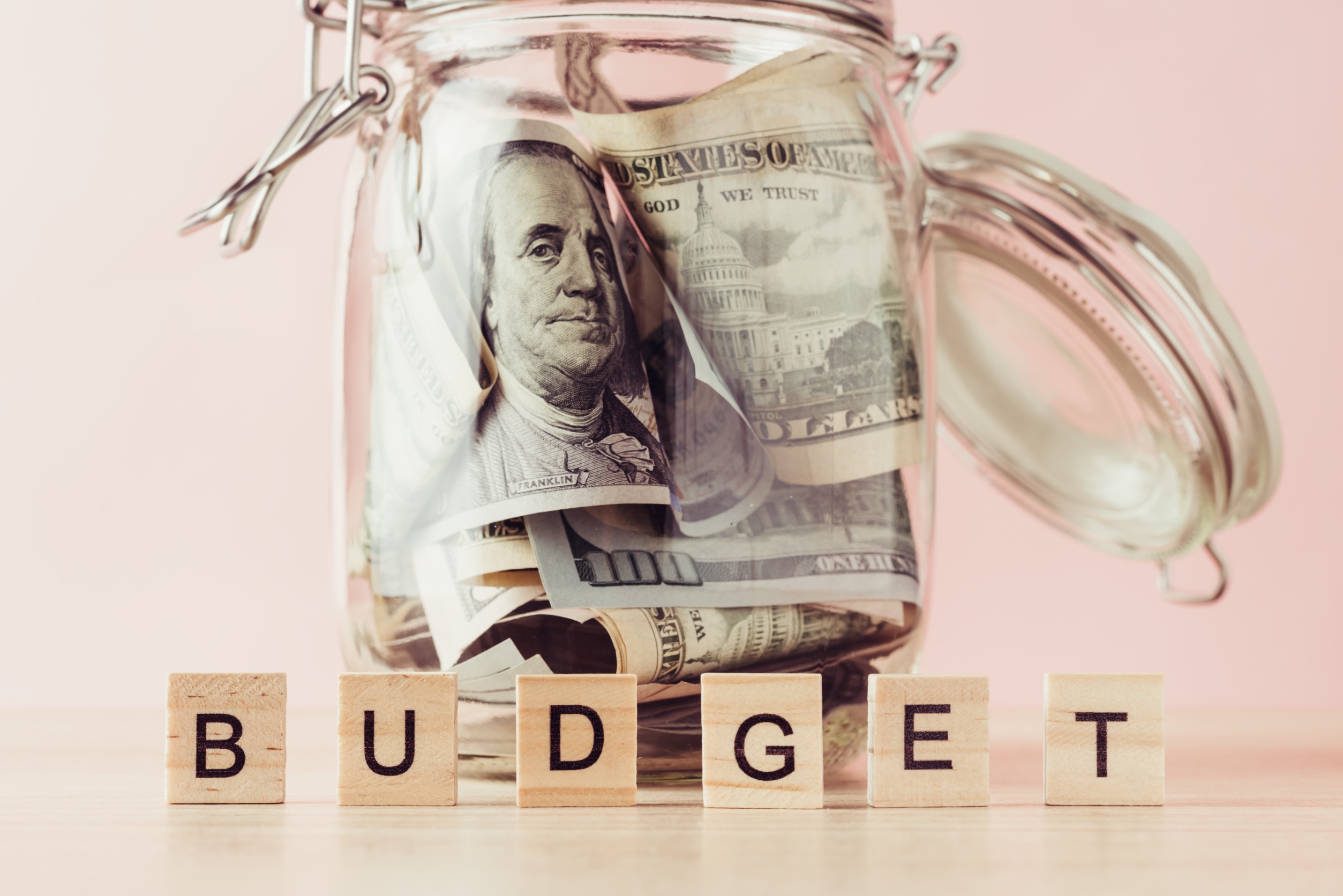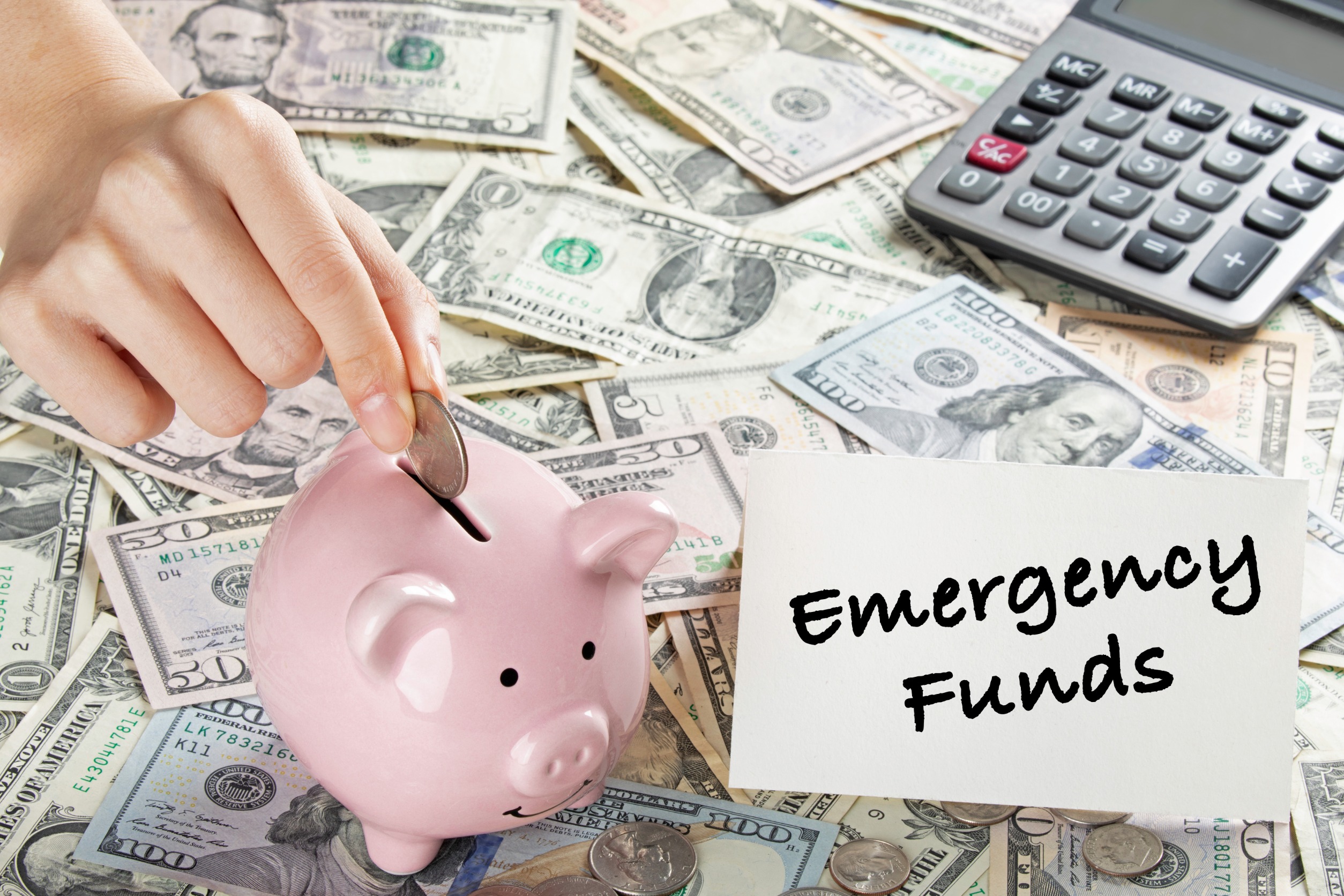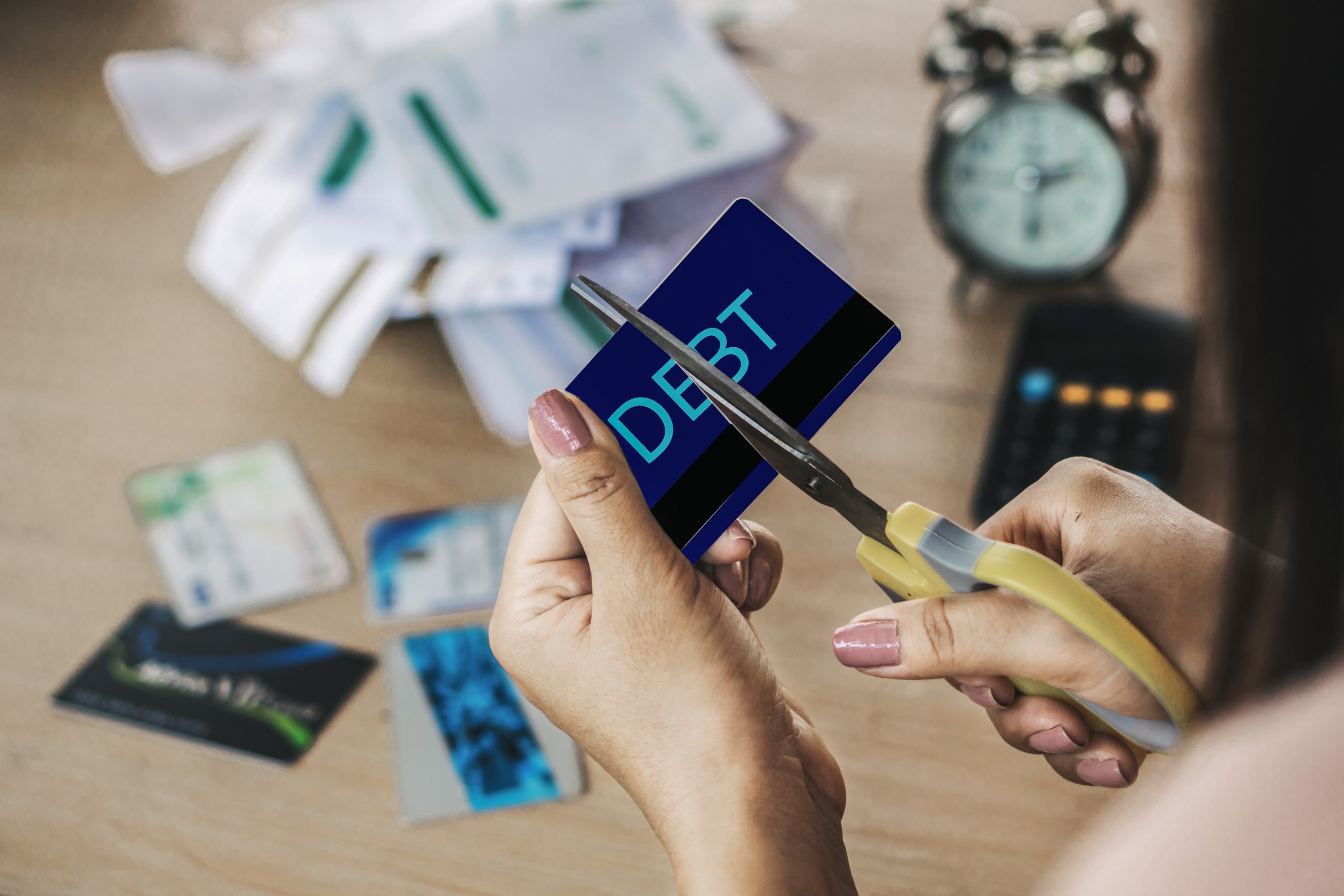
In today’s fast-paced world, accumulating debt can happen quickly and easily. From student loans to credit card balances, the weight of debt can feel overwhelming and never-ending. However, achieving financial freedom is possible with the right strategies and mindset. This guide will provide you with ten effective tips to help you become debt-free and take control of your financial future.
1. Assess Your Financial Situation
The first step toward becoming debt-free is to get a clear understanding of your current financial situation. Start by listing all your debts, including credit cards, student loans, car loans, and mortgages. Note down the interest rates and minimum monthly payments for each. This will give you a comprehensive overview of where you stand and help you prioritize your debt repayment strategy.
2. Create a Budget and Stick to It

A well-structured budget is essential for managing your finances and paying off debt. Track your income and expenses meticulously to identify areas where you can cut back. Allocate a portion of your income specifically for debt repayment. Sticking to your budget may require discipline, but it’s a crucial step in achieving financial freedom.
3. Use the Snowball Method

The snowball method is a popular debt repayment strategy that can provide quick wins and build momentum. Start by paying off your smallest debt first while making minimum payments on the others. Once the smallest debt is paid off, move on to the next smallest, and so on. This method can boost your motivation as you see your debts disappearing one by one.
4. Consider the Avalanche Method
The avalanche method focuses on paying off debts with the highest interest rates first, which can save you money in the long run. Make minimum payments on all debts except the one with the highest interest rate. Once that debt is paid off, move to the next highest interest rate debt. This strategy can be more cost-effective, though it may take longer to see initial results compared to the snowball method.
5. Cut Unnecessary Expenses

Review your spending habits and identify non-essential expenses that you can eliminate or reduce. This could include dining out less frequently, canceling unused subscriptions, or finding more affordable alternatives for everyday purchases. Redirect the money saved from these cuts toward your debt repayment plan. Small changes in your spending can add up to significant progress over time.
6. Increase Your Income

Finding ways to boost your income can accelerate your journey to becoming debt-free. Consider taking on a side hustle, freelancing, or asking for a raise at your current job. Additional income can provide extra funds to put toward debt repayment. The more you earn, the faster you can pay off your debts and achieve financial stability.
7. Negotiate with Creditors
Don’t be afraid to contact your creditors and negotiate better terms. You may be able to lower your interest rates, reduce your monthly payments, or even settle for a lower amount if you can pay a lump sum. Creditors are often willing to work with you if they see you are making an effort to pay off your debt. Effective negotiation can lighten your financial burden and make it easier to manage your repayments.
8. Avoid Accumulating New Debt
While paying off your current debts, it’s crucial to avoid accumulating new ones. Resist the temptation to use credit cards or take out new loans unless absolutely necessary. Focus on living within your means and making purchases with cash or a debit card. Building better financial habits will help ensure that you stay debt-free once you’ve paid off your existing obligations.
9. Build an Emergency Fund

An emergency fund acts as a financial safety net, preventing you from falling back into debt when unexpected expenses arise. Aim to save at least three to six months’ worth of living expenses in a separate, easily accessible account. Having this cushion will provide peace of mind and protect your progress toward becoming debt-free. Start small if necessary and gradually increase your savings over time.
10. Seek Professional Help if Needed
If you find it challenging to manage your debt on your own, consider seeking help from a financial advisor or a credit counseling service. Professionals can offer personalized advice, help you create a repayment plan, and provide support throughout your journey. Sometimes, an outside perspective can make a significant difference in overcoming financial challenges. With the proper guidance, you can achieve your goal of being debt-free.
Stay Committed and Be Patient

Becoming debt-free is a marathon, not a sprint. Stay committed to your repayment plan, and be patient with your progress. Celebrate small victories along the way to keep yourself motivated. With dedication and persistence, you can achieve financial freedom and enjoy the peace of mind that comes with being debt-free.
Read More
The Debt Common Denominator: These 10 Things Are Most Likely To Keep You In Debt
10 Reasons You Should Reconsider Plastic Surgery

Teri Monroe started her career in communications working for local government and nonprofits. Today, she is a freelance finance and lifestyle writer and small business owner. In her spare time, she loves golfing with her husband, taking her dog Milo on long walks, and playing pickleball with friends.






Speak Your Mind